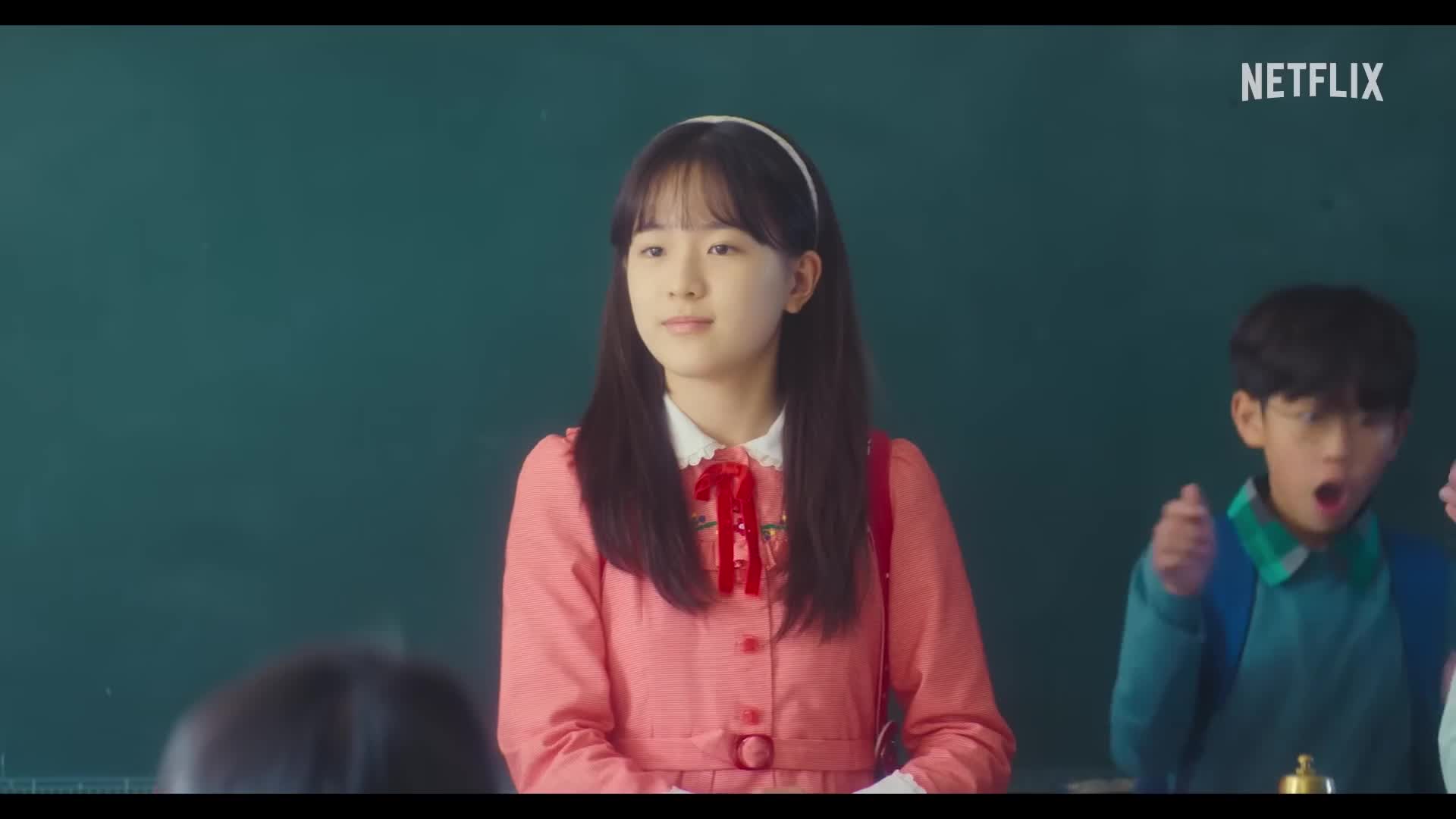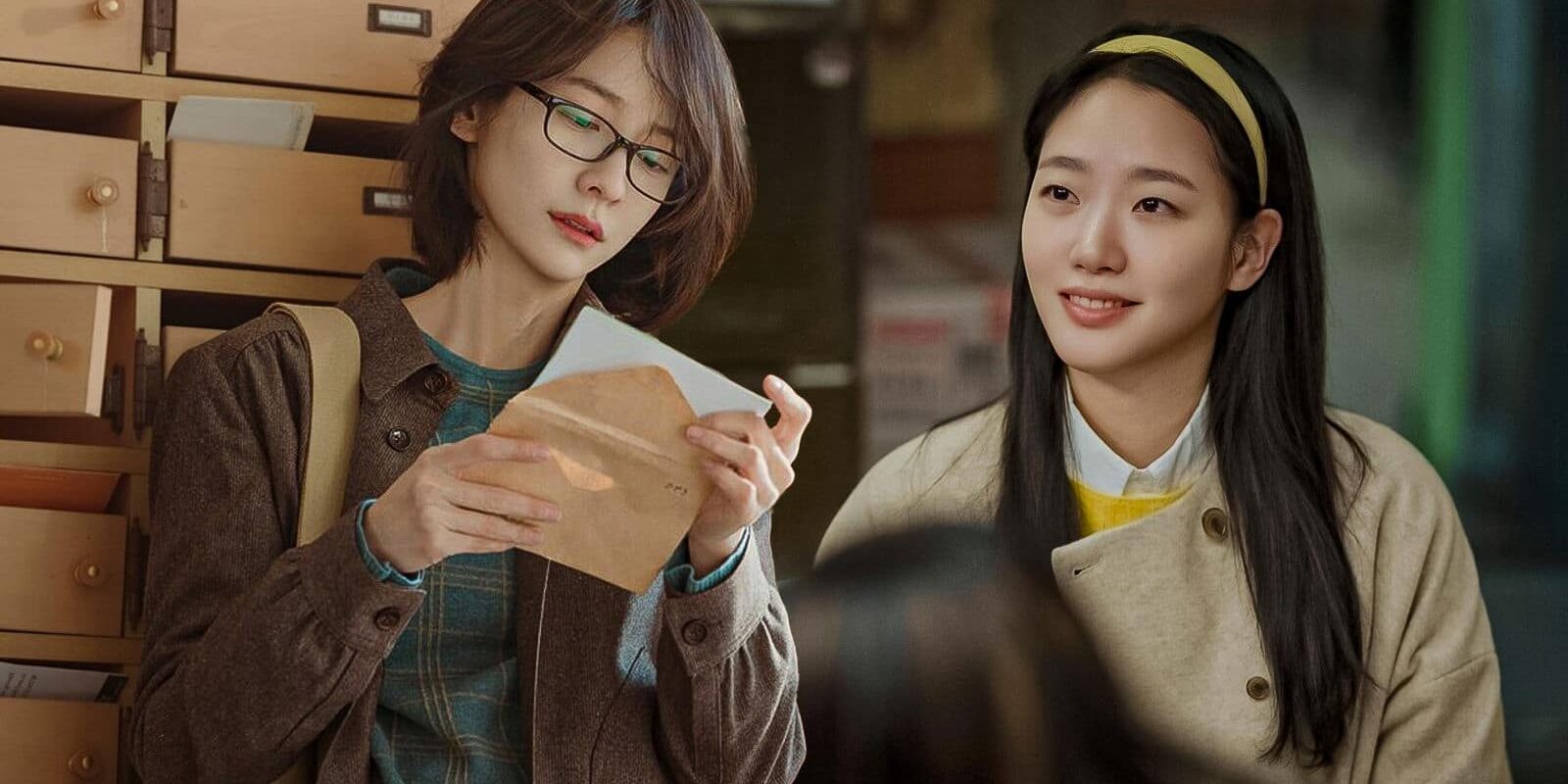In an age of spectacle, You and Everything Else (Korean title Eun-jung and Sang-yeon) arrives at a whisper. This Netflix original series is not built on grand plot twists or melodramatic saviors, but on the slow accrual of ordinary moments: glances, regrets, envy, affection. After what has felt like a long stretch of badly written, silly K-dramas, the stellar writing on this show serves as a refreshing reminder of why so many of us got hooked on this genre.
The series boasts a star-studded cast that skillfully brings to life all the heartache and struggles in the story. Kim Go-eun (Coin Locker Girl, Goblin, and more) gives a tour de force performance as the narrator and lead character. Already one of the most versatile actresses of her generation, Kim brings depth and vulnerability to Eun-jung, while Park Ji-hyun (Flex X Cop, Reborn Rich) imbues Sang-yeon with a painful blend of longing and steel.
You and Everything Else continues the lineage of My Mister, a benchmark of slice-of-life storytelling. The two dramas share the conviction that small things can carry the most weight and that friendship, with all its shades of love and rivalry, is a worthy subject in itself. They also confront the harsh realities of poverty, a very real issue in Korea that is too often glossed over by the country’s sleek, modern image.
The Power of a Difficult Friendship
The core relationship between Eun-jung and Sang-yeon is a simple bond that grows into a minefield of tension. Sang-yeon comes from privilege and seems to effortlessly conquer whatever challenges come her way. Eun-jung grows up poor and in awe of the things that Sang-yeon takes for granted. Their connection begins in childhood, stretches through early adulthood, and into midlife, with each reunion reminding them that some wounds never fully heal. The drama’s brilliance lies in its refusal to tidy up these contradictions. Their affection for one another does not erase jealousy or silence, but exists alongside them.

There are many echos of Elena Ferrante’s beloved novels turned TV series, My Brilliant Friend. But You and Everything Else stands on its own as uniquely Korean in its characters and storytelling. Both works portray a lifelong female friendship shaped by admiration, envy, and divergence. Both show how class, ambition, desire, and betrayal complicate intimacy. Most importantly, both resist neat moral judgments.
An Invitation to Greater Honesty
The emotional weight of the series begins with its depiction of Eun-jung and Sang-yeon as children, and the casting is impeccable. The young performers capture not only the innocence of early friendship but also the seeds of rivalry and insecurity that will later define their bond. Their scenes have a rawness and immediacy that make the adult characters’ conflicts feel so real. This attention to the formative years lays the emotional foundation for everything that follows.
This is a drama that lingers. It portrays female friendship in its full complexity, not idealized or subordinated to romance, but central and contradictory. It understands that people are composites of love and resentment, triumph and regret. Its quietness is not a flaw but a strength, allowing it to avoid melodrama while still reaching great emotional heights. Of particular bittersweetness is the theme of how we will face our inevitable death.
You and Everything Else may never dominate charts or spawn endless memes, but it is a series that will stay with those who give it their attention. It asks what it means to carry someone else’s story across decades, to be shaped by another’s presence, and to live with the knowledge that much of life remains unresolved. That honesty is its gift to the audience and what gives it a claim to greatness.




